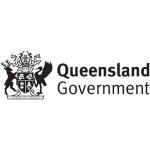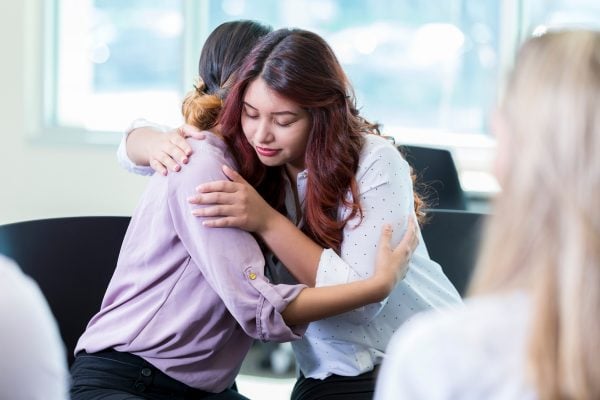

Summer is a time of joy for many families. But for many women in an abusive relationship, or with an abusive former partner, it’s one of the most dangerous.
The holidays mean more social events, stretched budgets and family tensions. Far from being a time of relaxation, it can merely compound many frustrations, and is known to be a time when incidences of domestic and family violence increase.
We know that, on average, one woman has been murdered by a partner or former partner every week in the past year in Australia. One in three Australian women have experienced physical violence since the age of 15, which is just heartbreaking. And unacceptable.
Shockingly, for too many women there will be broken Domestic Violence Orders, and broken promises of good behaviour. This has to change. It just has to.
It may feel like an overwhelming issue, and that an individual can’t make a difference, but you can do something. We can all have safe and happy year. It is possible.
These statistics, the sharp rise in abuse in summer; it doesn’t have to be like this. We can help and support our neighbour. Our friend. Our sister. Our colleague. And we can start by educating ourselves.
The Queensland Government’s domestic and family violence website provides a wealth of information, resources and support in a simple, user-friendly way.
The site is designed to help and inform anyone who’s in a difficult situation, and guide all of us on the best ways to provide support to those in need.

